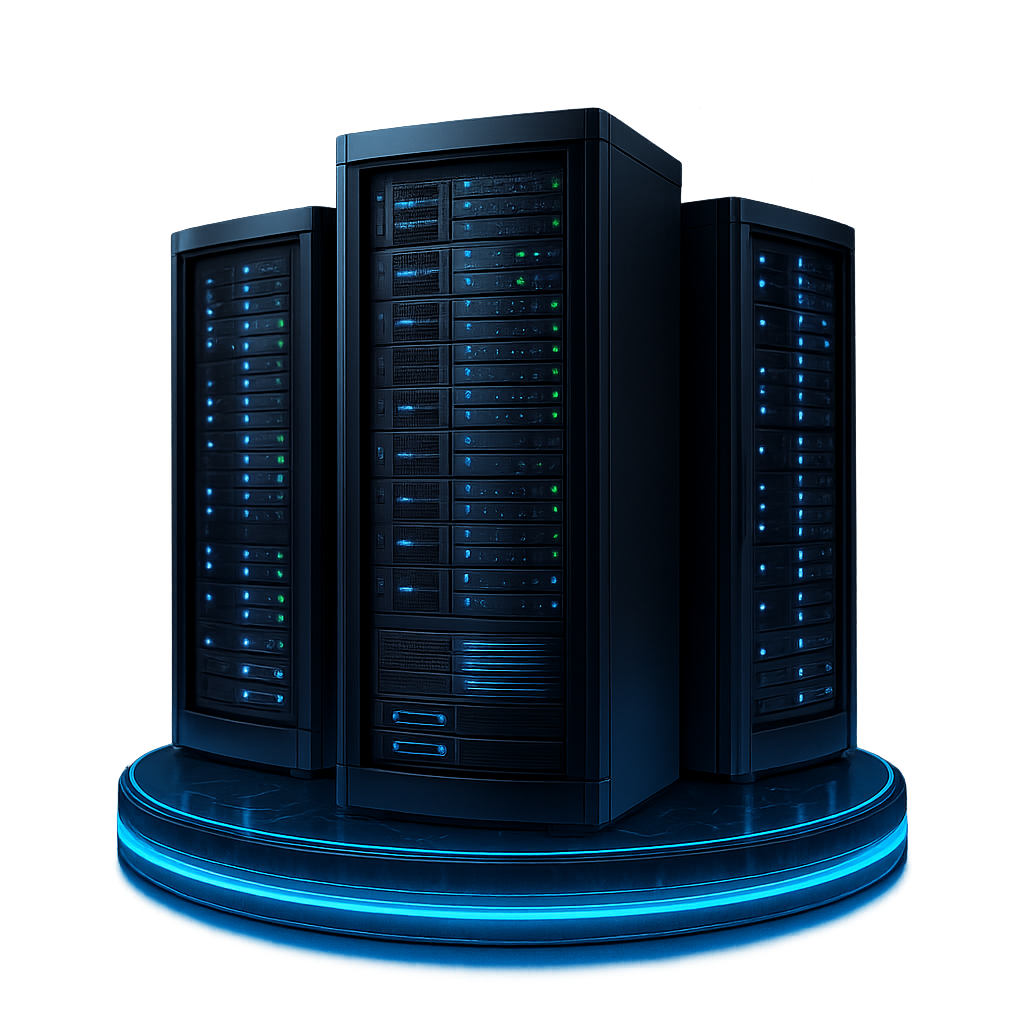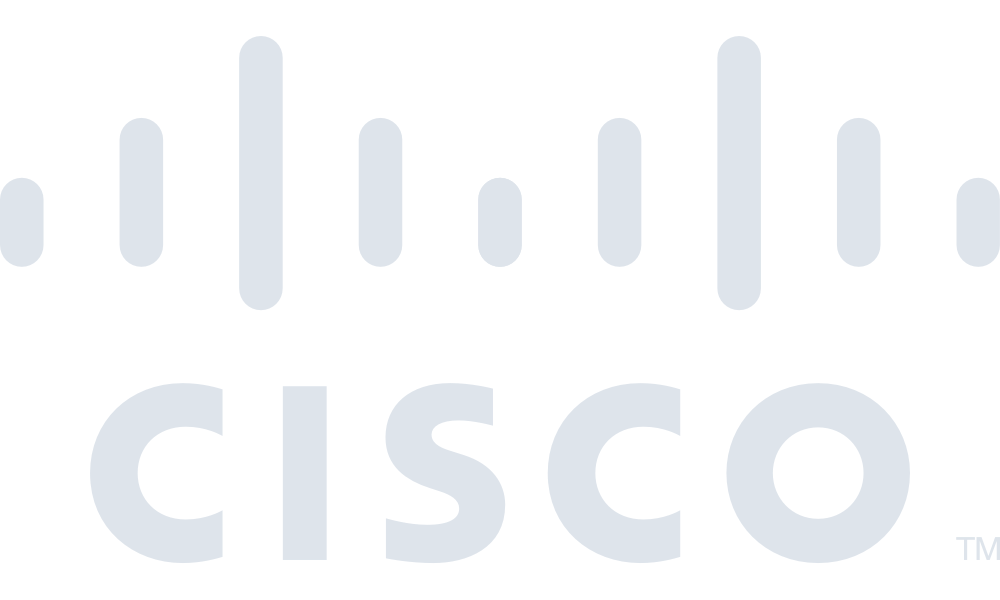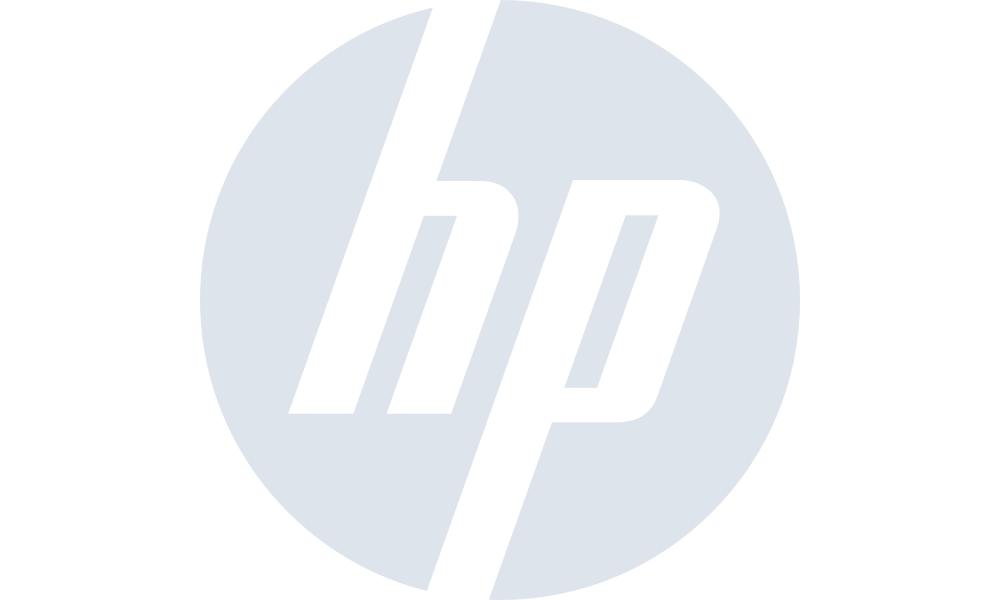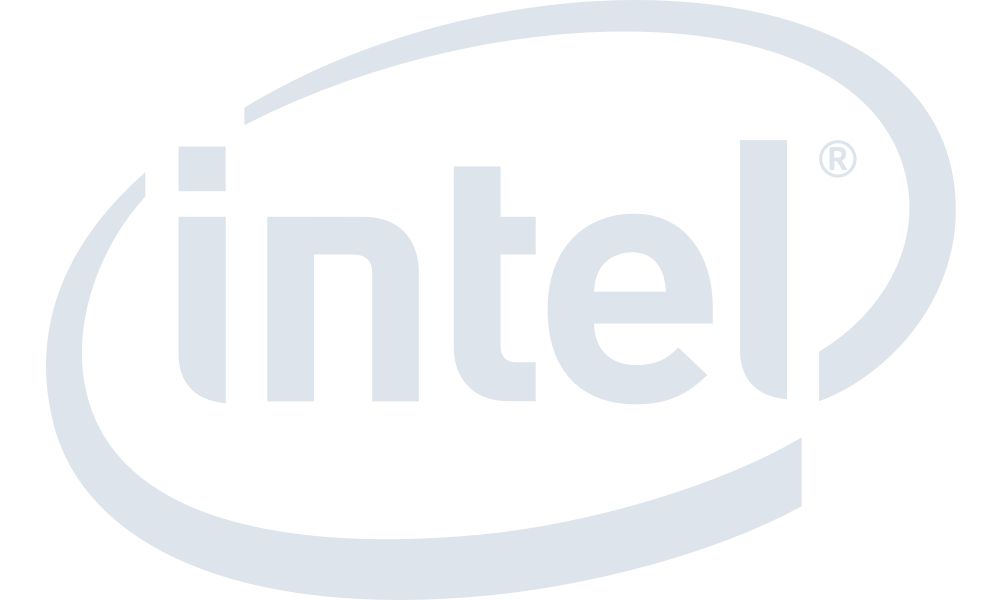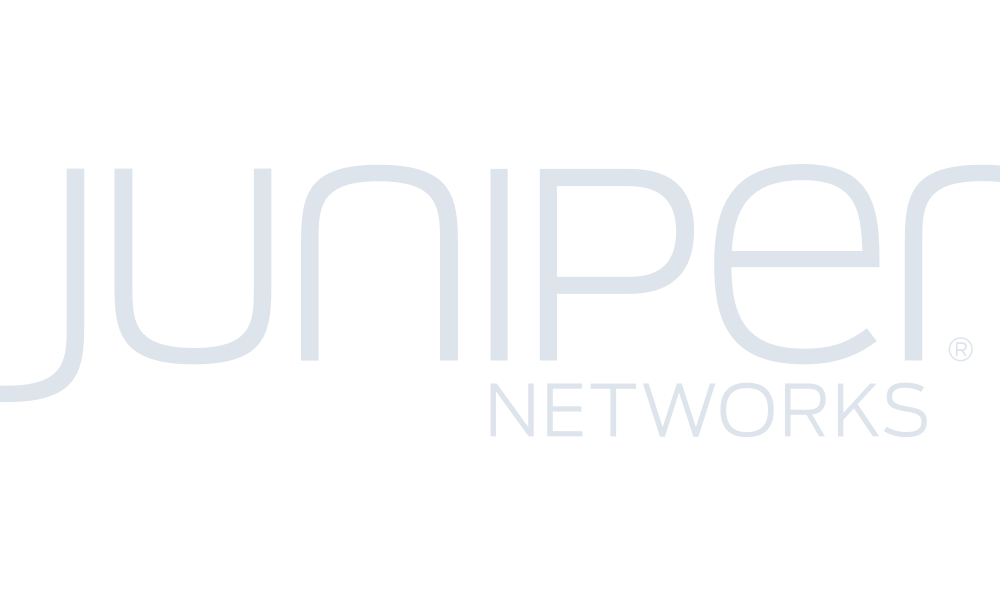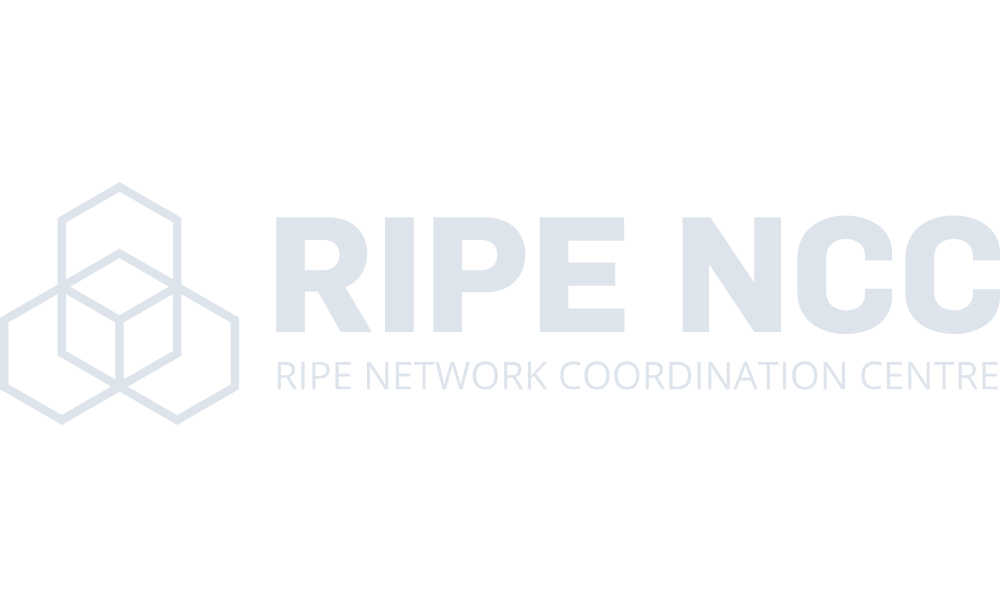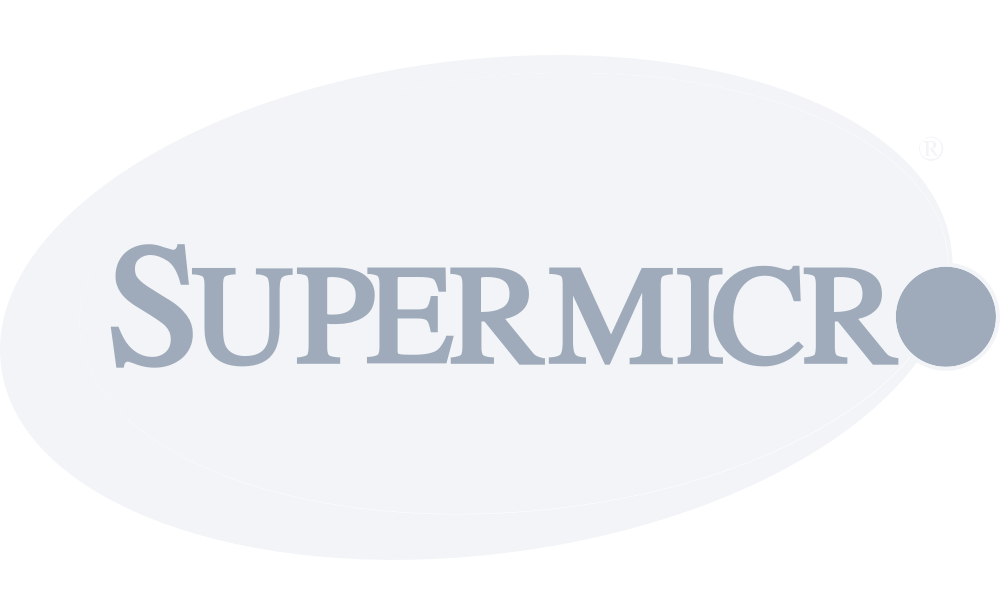Start for free and unlock high-performance infrastructure with instant setup.
An NVMe Dedicated Server is a hosting solution that utilizes NVMe (Non-Volatile Memory Express) technology for storage. NVMe is an advanced protocol designed specifically for SSDs, offering significantly higher throughput and lower latency compared to traditional SATA SSDs. This server type is dedicated, meaning it is exclusively reserved for a single client, providing enhanced performance, security, and control. The architecture of an NVMe dedicated server is optimized to leverage the full potential of NVMe drives, resulting in faster data access, improved efficiency, and superior overall performance. This makes NVMe servers ideal for applications requiring high-speed data processing and storage, such as high-traffic websites, large databases, and real-time data analytics.
What are the primary benefits of using NVMe in a dedicated server?
The primary benefits of using NVMe in a dedicated server include:
- Faster Data Transfer Rates: NVMe drives offer significantly higher throughput compared to traditional SSDs, enabling quicker data transfers.
- Improved I/O Operations: NVMe technology supports a larger number of I/O queues and can handle more commands per queue, resulting in more efficient and faster I/O operations.
- Lower Latency: NVMe reduces data access times dramatically, offering lower latency which is crucial for applications requiring real-time data processing.
What factors should you consider when choosing a dedicated NVMe server provider?
When choosing an NVMe Dedicated Server provider, consider the following key factors:
- NVMe Specifications: Look for high-performance NVMe drives with specifications that meet your speed and storage requirements.
- Server Configurations: Ensure the server offers adequate CPU, RAM, and network capabilities to complement the speed of NVMe drives.
- Support Services: Choose a provider with a strong track record of customer support, including 24/7 technical assistance and responsive service.
- Scalability Options: Opt for a provider that offers flexible scalability, allowing you to easily upgrade or adjust your server resources as your needs evolve.
For what cases are dedicated servers featuring NVMe well-suited?
Dedicated servers featuring NVMe are well-suited for a variety of demanding applications and scenarios, thanks to their high-speed data processing and low latency capabilities. These include:
- High-Performance Web Hosting: Ideal for websites with high traffic volumes or resource-intensive applications, ensuring fast loading times and smooth user experiences.
- Database-Intensive Applications: Beneficial for applications that require rapid read/write access to large databases, such as big data analytics, financial trading platforms, and complex CRM systems.
- Real-Time Data Processing: Suitable for scenarios where real-time data processing is critical, such as IoT data analysis, live streaming analytics, and online gaming servers.
- Virtualization and Cloud Services: NVMe servers can efficiently handle multiple virtual machines or containers, offering improved performance in virtualized environments.
- Content Delivery Networks (CDNs): Enhances the performance of CDNs by enabling faster content caching and delivery.
- E-commerce Platforms: Provides the speed and reliability needed for e-commerce sites, especially during high-traffic events like sales or product launches.
- Media and Entertainment: Ideal for streaming services and video-on-demand platforms, where quick data access is essential for delivering high-quality media content without buffering.
- Scientific Computing and Research: Useful in fields requiring fast processing of large datasets, such as genomics, climate modeling, and physics simulations.





